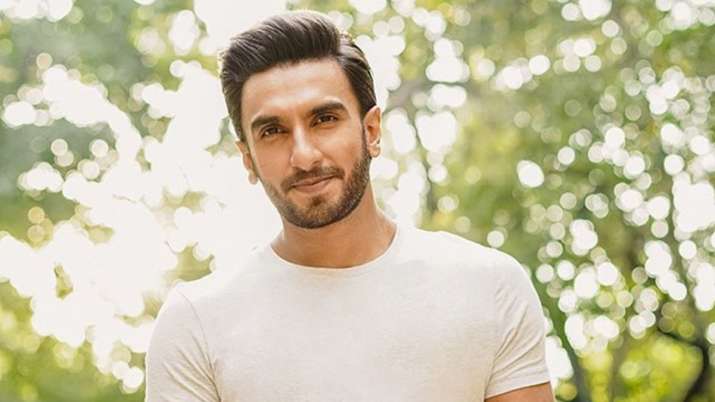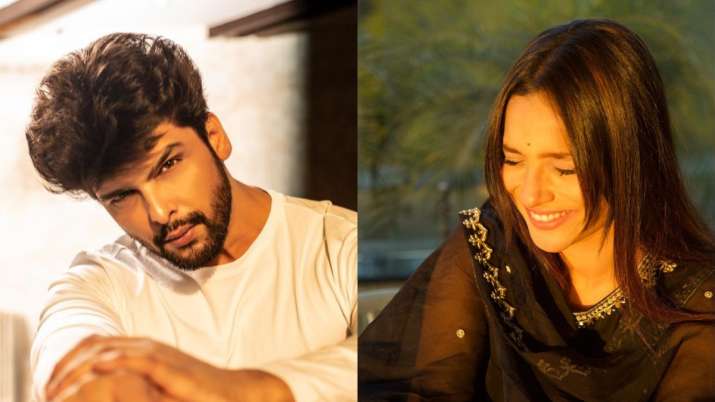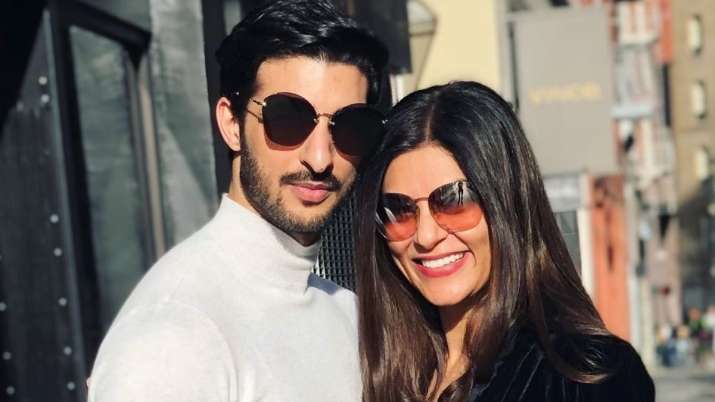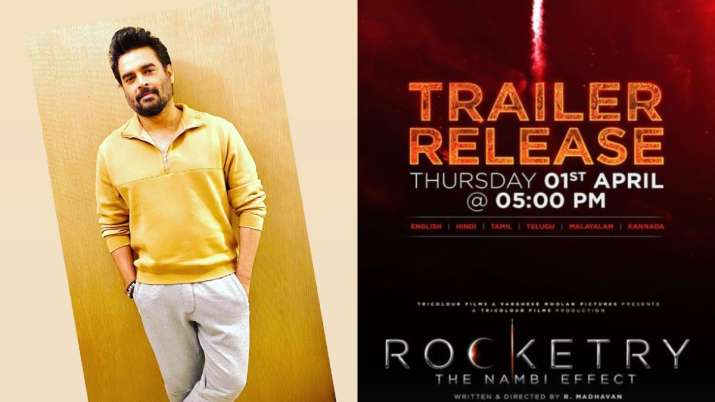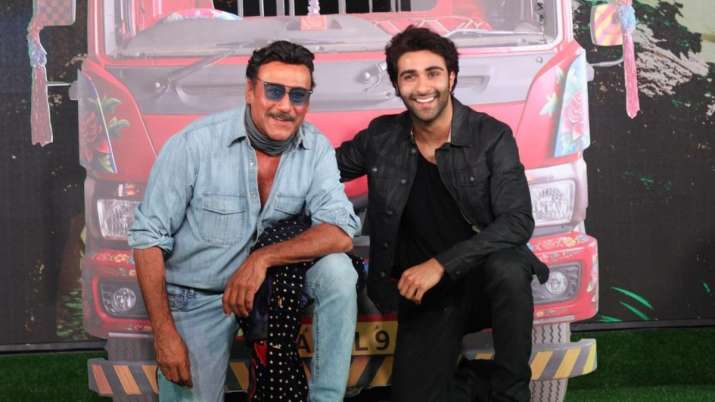Russia announced Wednesday it had registered what it said was the world's first coronavirus vaccine for animals, describing the step as important for disrupting virus mutations. It said mass production of the vaccine could begin in April. The agriculture oversight agency Rosselkhoznadzor said in a statement that the vaccine called Carnivak-Cov had been tested since October on dogs, cats, mink, foxes and other animals and was proven to be effective.
"All test animals that were vaccinated developed antibodies to coronavirus in 100 percent of cases," said Konstantin Savenkov, deputy head of Rosselkhoznadzor. "It is the world's first and only product for preventing Covid-19 in animals."
Rosselkhoznadzor said the development of its shot would help prevent mutations in animals and cited Denmark's decision to cull 15 million mink last year after some were found to be carrying a mutated virus variant.
"The use of the vaccine, according to Russian scientists, can prevent the development of virus mutations," the statement said.
The agency added that animal-breeding facilities and private companies from countries including Greece, Poland, Austria, the United States, Canada and Singapore had expressed interest in Carnivak-Cov.
Military officials in Russia's second city Saint Petersburg announced this week that army dogs would undergo mandatory vaccination before being deployed at airports and participating in nationwide World War II commemorations in May.
Decent vaccine
Veterinarians and fur breeders said on Wednesday they saw no immediate need to vaccinate animals.
A veterinary clinic in Moscow said it was looking into the information but currently it saw no reason to vaccinate cats and dogs.
"It has not been proven that they are Covid-19 carriers," the clinic said in a statement to AFP.
Russian fur breeders have so far not encountered any cases of coronavirus in animals and are not planning to vaccinate them, said the head of the National Association of Fur Breeders, Nadezhda Zubkova.
But some of the animals have been vaccinated during trials and "are feeling fine", Zubkova told AFP.
"It is a decent vaccine," said Zubkova whose association comprises farms with around 2 million animals including minks and foxes.
Russia has heavily promoted its state-sponsored coronavirus vaccine abroad but it has been met with scepticism in the West and even by many in Russia.
Officials registered the Sputnik V vaccine last August, ahead of large-scale clinical trials, sparking concern among many experts over the fast-track process. It has since registered two more vaccines.
Leading medical journal The Lancet in February confirmed Sputnik V to be safe and over 90 percent effective.
Moscow has applied to Europe's medicines regulator to gain approval for the use of Sputnik V in the 27-nation bloc, but is still waiting for an answer.
from Firstpost Tech Latest News https://ift.tt/3cCDidM
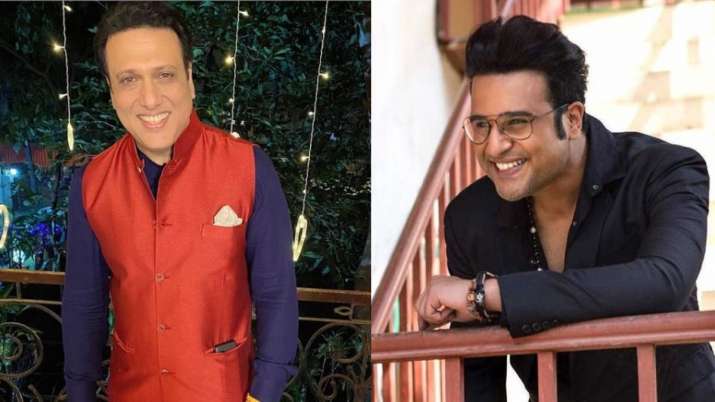
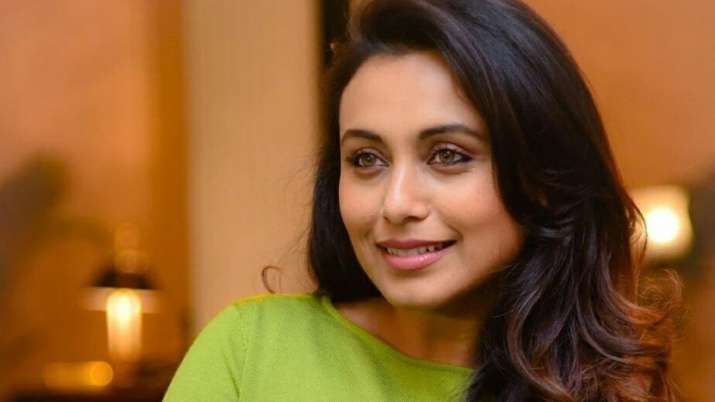
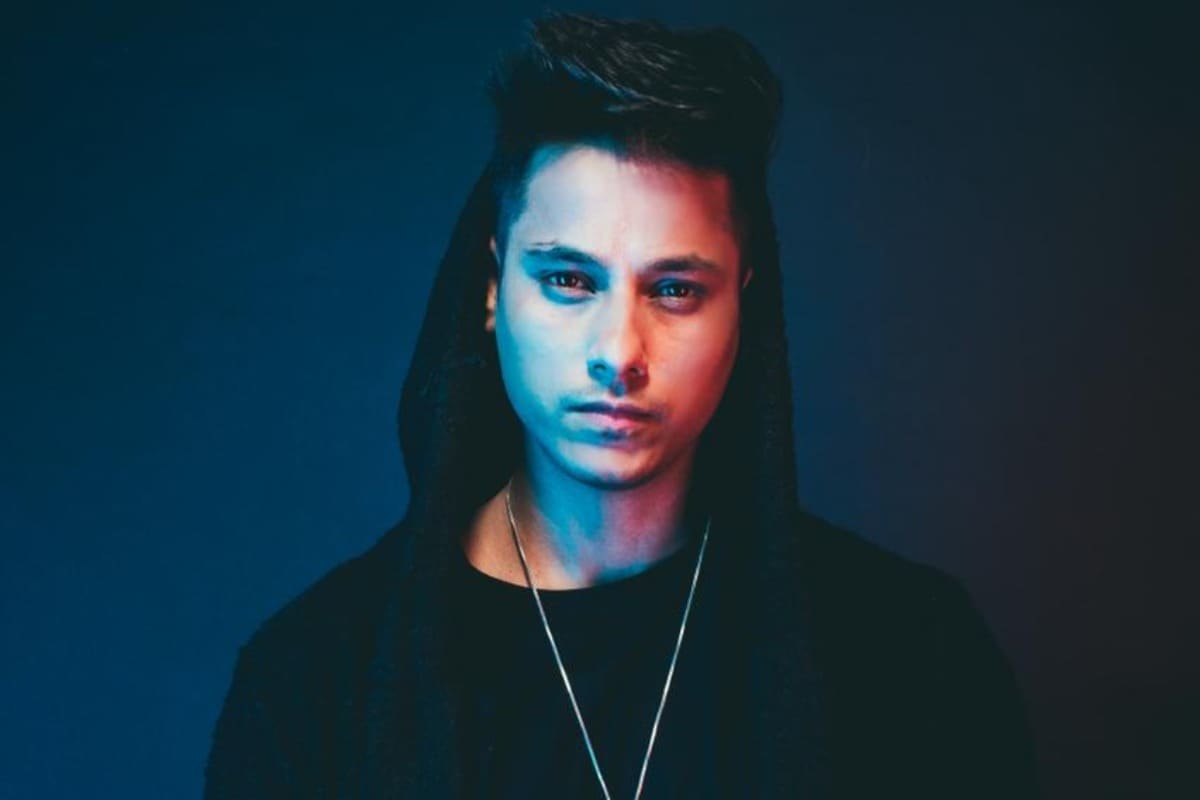 DJ and Music Producer Johnnie Ernest opened up about his upcoming project and talked about how online streaming services are helping independent artists.
DJ and Music Producer Johnnie Ernest opened up about his upcoming project and talked about how online streaming services are helping independent artists. Succeeding the Spy Wednesday, as it falls on the Thursday before Easter, Maundy Thursday derives its name Maundy from ‘mandatum’ meaning commandment
Succeeding the Spy Wednesday, as it falls on the Thursday before Easter, Maundy Thursday derives its name Maundy from ‘mandatum’ meaning commandment To make your vehicle or property favourable for you and your business, you should buy it on a shubh muhurat.
To make your vehicle or property favourable for you and your business, you should buy it on a shubh muhurat.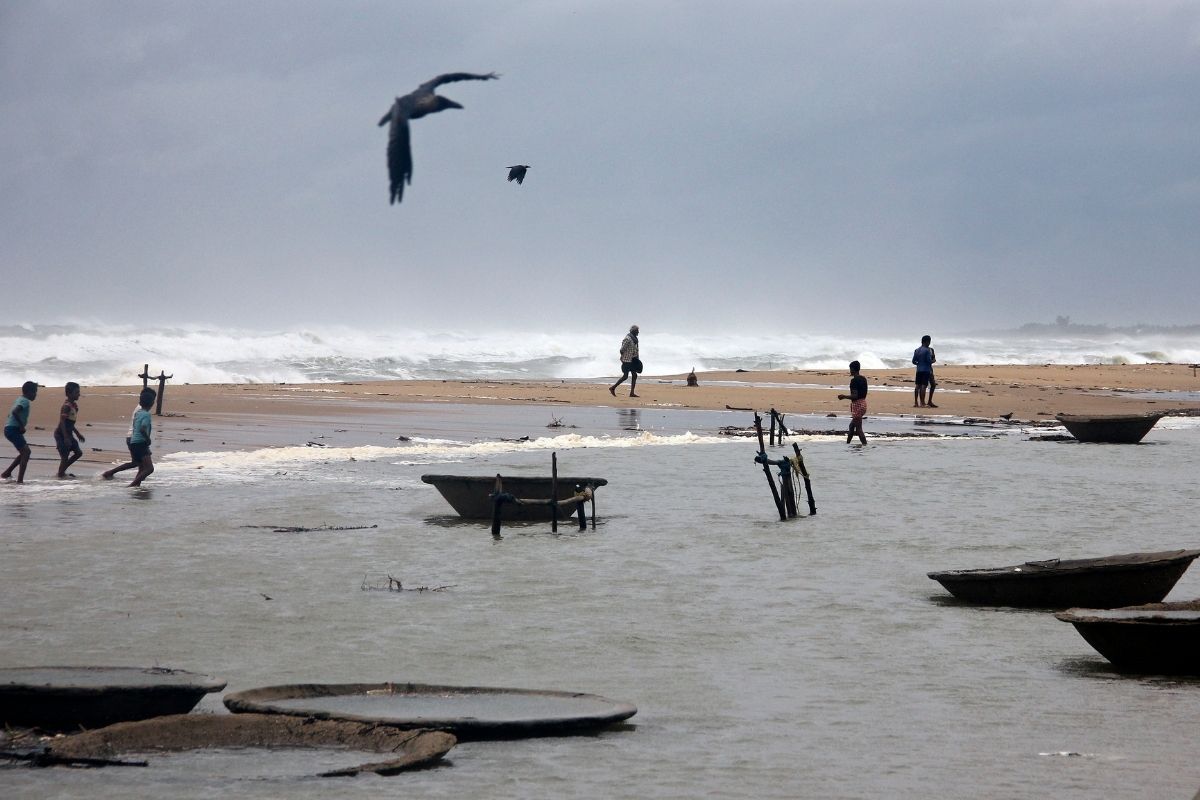 To celebrate the existence of this beautiful state, you can greet your loved ones with these heartfelt messages
To celebrate the existence of this beautiful state, you can greet your loved ones with these heartfelt messages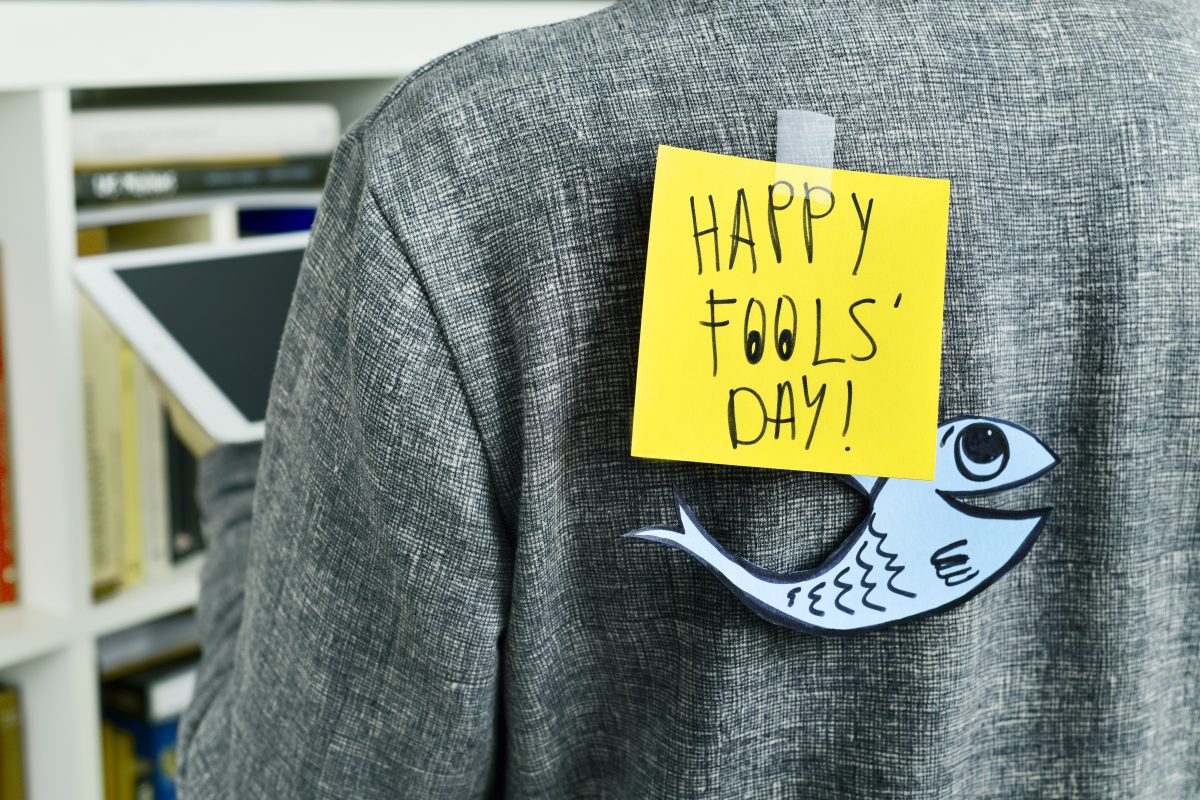 Though the origin of the day is not clear, but it is said that the year 1582 marks the beginning of April Fool's Day
Though the origin of the day is not clear, but it is said that the year 1582 marks the beginning of April Fool's Day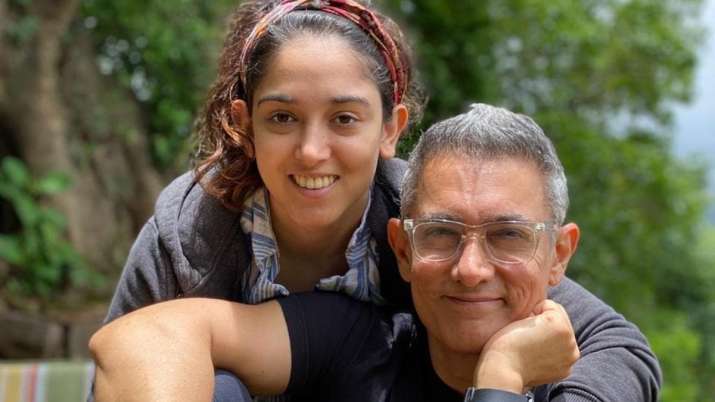
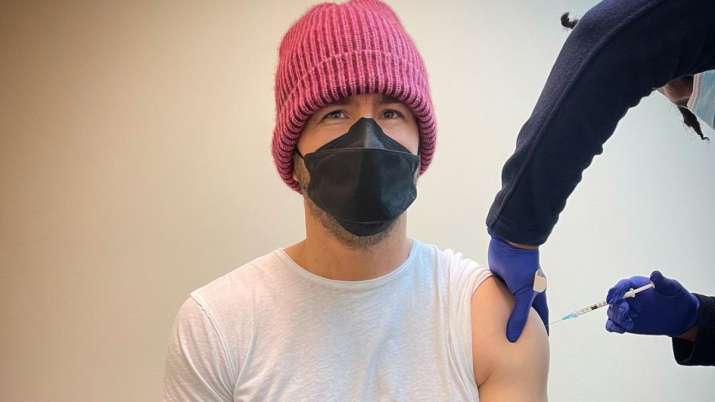
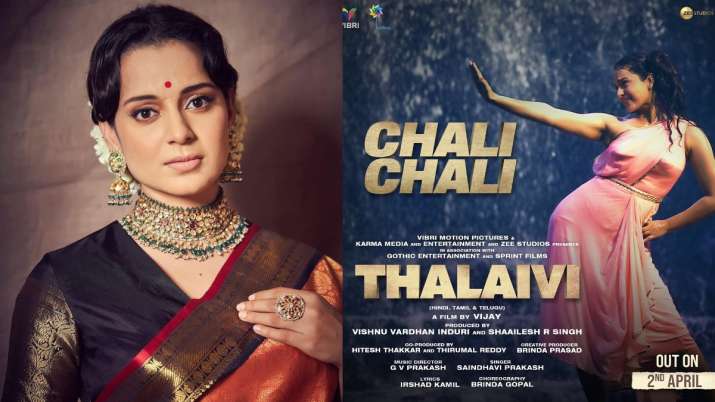
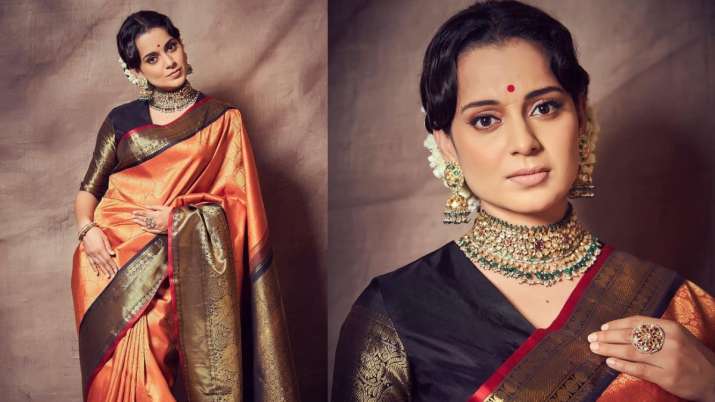
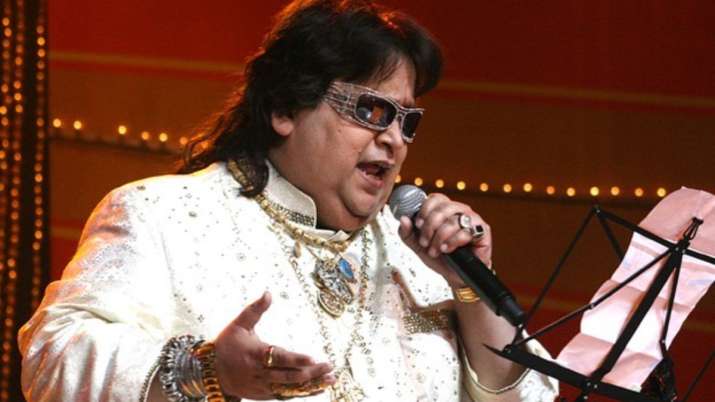
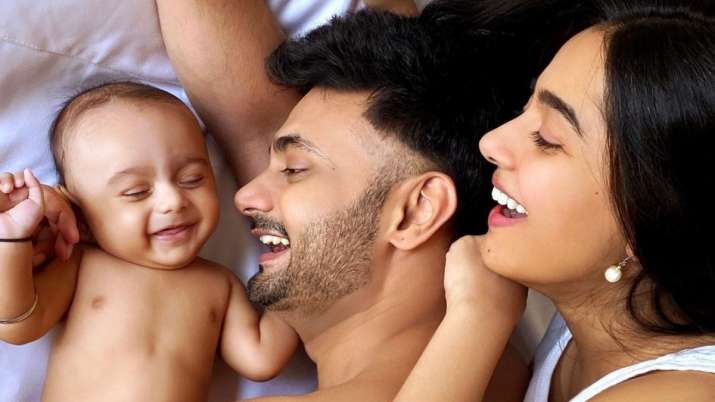
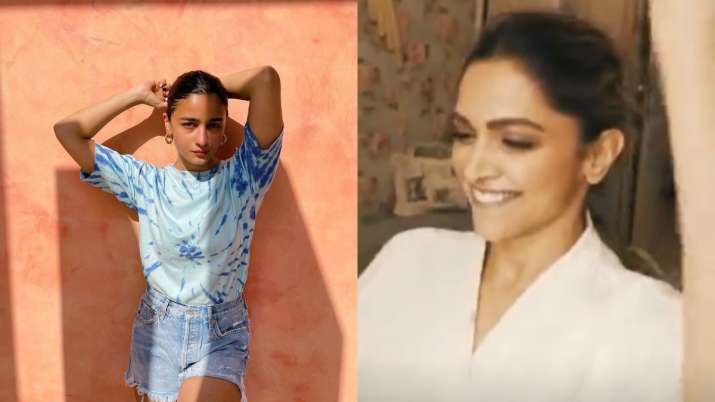
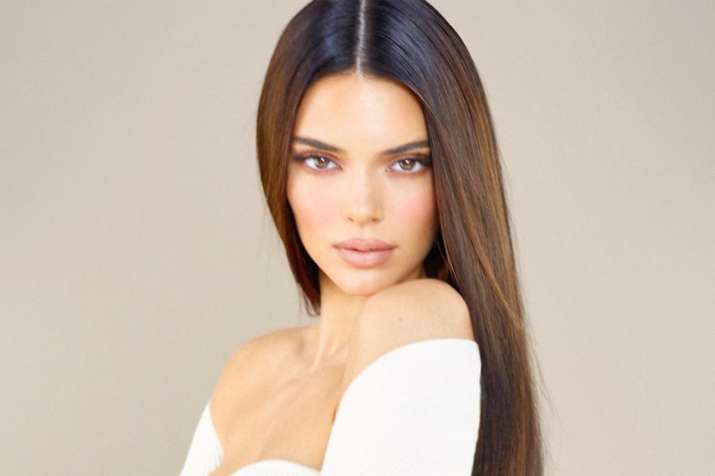
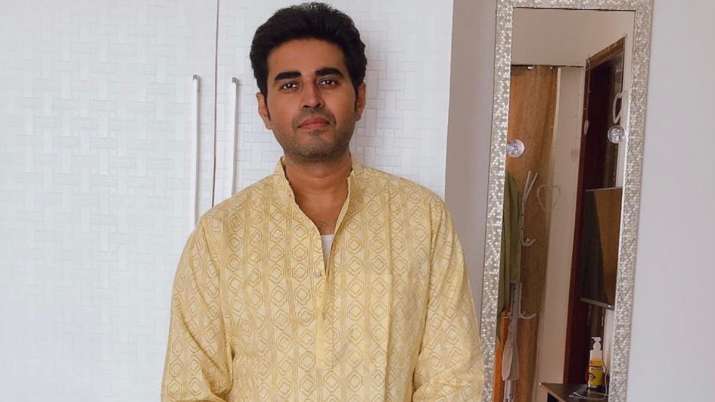
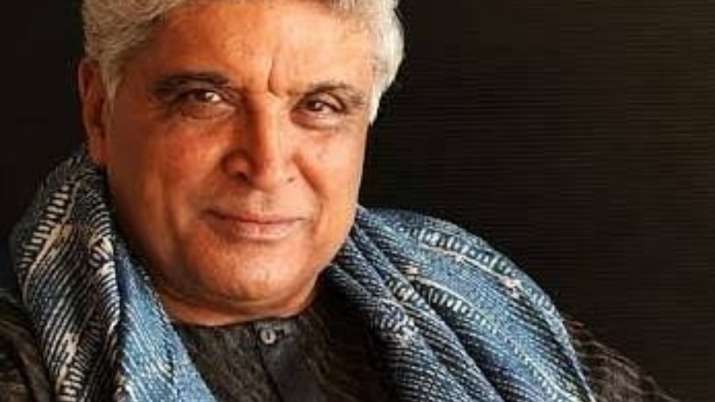
 Indian-Canadian comedian Lilly Singh has credited Hollywood star Drew Barrymore for becoming the person she is today.
Indian-Canadian comedian Lilly Singh has credited Hollywood star Drew Barrymore for becoming the person she is today.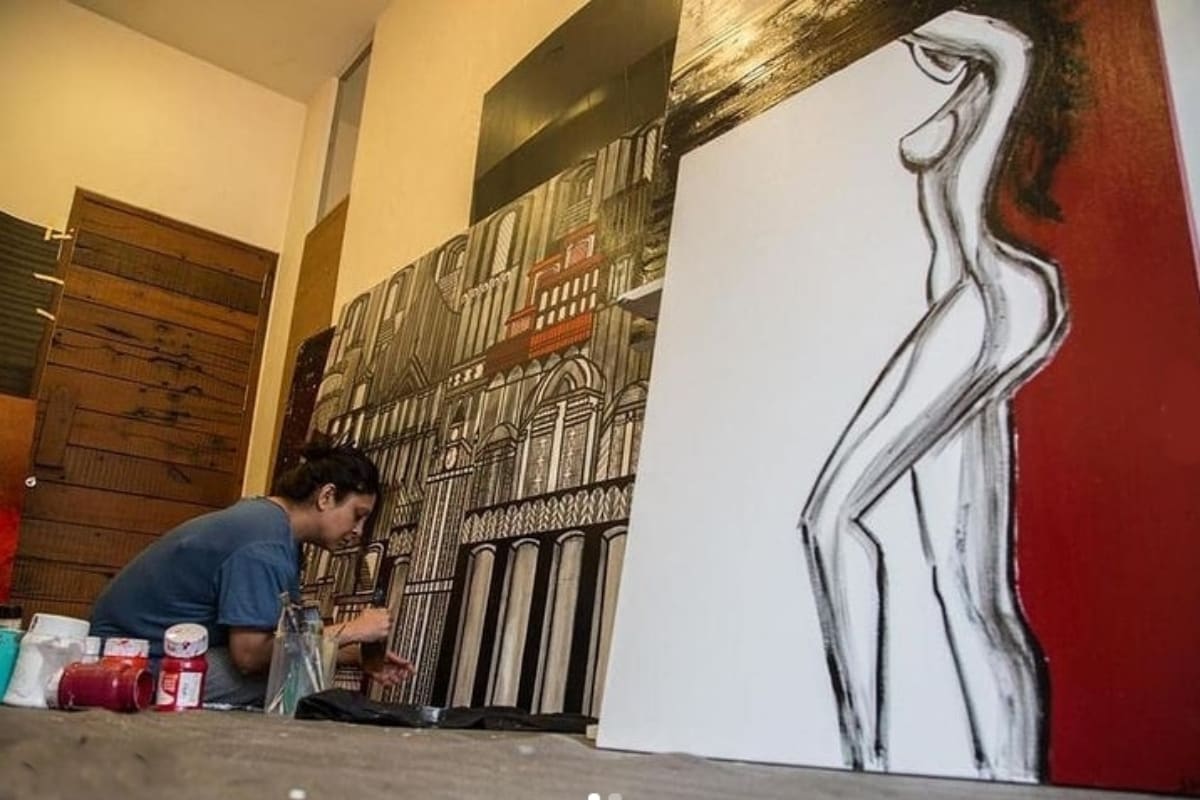 Actress Shefali Shah, who will soon be seen in the web series Human revealed around 20 of her paintings have been used as room decors in the series.
Actress Shefali Shah, who will soon be seen in the web series Human revealed around 20 of her paintings have been used as room decors in the series.